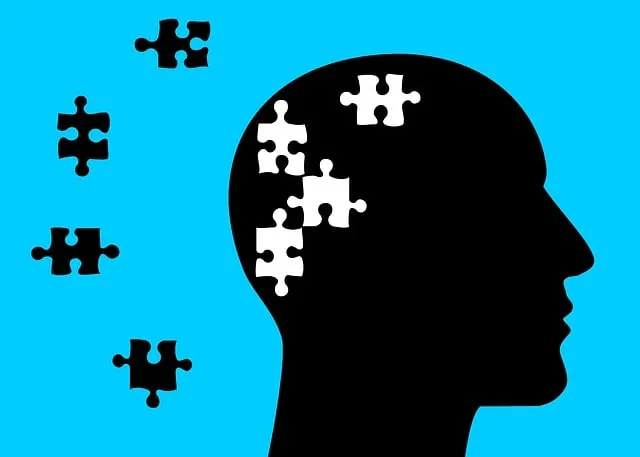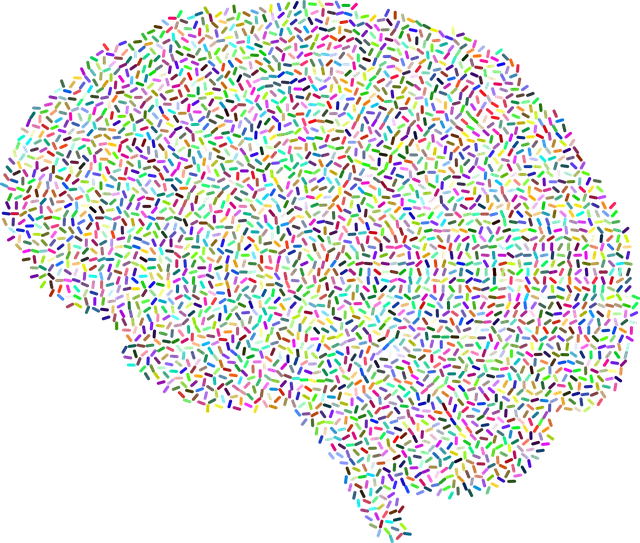The diagnosis of mental illness is complex, hindered by symptom overlap and cultural misinterpretations, as highlighted in positive Kaiser Permanente mental health center reviews Northglenn. To address these challenges, the center emphasizes comprehensive training for healthcare providers, integrating advanced technology and evidence-based practices. Their holistic approach includes personalized therapy, journaling for self-improvement, and resilience-building techniques, ensuring accurate diagnoses and enhanced mental wellness. Through regular workshops and continuous learning, professionals at Kaiser Permanente mental health center reviews Northglenn stay aligned with the latest research, improving treatment outcomes.
Mental illness diagnosis accuracy is a critical area of focus in healthcare, with significant implications for patient outcomes. This article explores current challenges in mental health diagnosis and highlights innovative approaches to enhance accuracy. We examine the successful model implemented at Kaiser Permanente Northglenn, a leading mental health center, and explore practical strategies to improve diagnostic practices across various healthcare settings. Discover how these efforts are transforming mental illness treatment and what the future holds for more precise diagnoses.
- Understanding the Current Challenges in Mental Illness Diagnosis
- Kaiser Permanente Northglenn: A Model for Enhanced Diagnosis Accuracy
- Strategies to Improve Diagnostic Practices Across Healthcare Settings
Understanding the Current Challenges in Mental Illness Diagnosis

The process of diagnosing mental illness is a complex and intricate task that involves a deep understanding of human behavior, emotions, and cognitive processes. Despite significant advancements in mental healthcare, several challenges still hinder accurate diagnosis. One prominent issue is the vast spectrum of symptoms associated with various mental health disorders, which can often overlap, making differentiation difficult. For instance, depression and anxiety share many common signs, complicating the process for even seasoned professionals.
Additionally, cultural sensitivity in mental healthcare practice plays a pivotal role in improving diagnostic accuracy. The Kaiser Permanente mental health center reviews Northglenn highlight the importance of recognizing that individuals from diverse backgrounds may exhibit symptoms differently due to cultural influences. A lack of Cultural Sensitivity can lead to misdiagnosis or delayed treatment, as certain behaviors or expressions might be misinterpreted based on Western norms. Enhancing confidence-boosting strategies within mental healthcare settings is crucial; these include comprehensive training for healthcare providers to navigate these complexities and ensure more precise diagnoses, ultimately contributing to better patient outcomes and improved mental wellness.
Kaiser Permanente Northglenn: A Model for Enhanced Diagnosis Accuracy

Kaiser Permanente Northglenn stands as a beacon of hope and excellence in mental health care. This esteemed mental health center has garnered rave Kaiser Permanente mental health center reviews for its commitment to enhancing diagnosis accuracy, revolutionizing patient experiences, and fostering a culture of mental wellness. By integrating cutting-edge technology with evidence-based practices, they’ve achieved remarkable success in pinpointing precise diagnoses, which is a cornerstone of effective treatment.
The center’s approach involves a multi-faceted strategy that includes comprehensive assessments, personalized therapy plans, and innovative tools like mental wellness journaling exercises for self-esteem improvement and mood management. Their dedicated team provides expert guidance, ensuring patients receive the highest quality care tailored to their unique needs. This holistic model not only improves diagnosis accuracy but also empowers individuals on their journey towards lasting mental wellness.
Strategies to Improve Diagnostic Practices Across Healthcare Settings

Mental health professionals at Kaiser Permanente mental health center reviews Northglenn are continually striving to enhance diagnostic accuracy. This involves adopting evidence-based strategies tailored to diverse patient populations and clinical settings. One such approach is integrating resilience-building techniques, which not only foster emotional regulation but also encourage self-esteem improvement—key factors in precise diagnoses.
Through comprehensive training programs and regular workshops, healthcare providers at these centers are equipped with advanced skills to assess complex symptoms, consider cultural nuances, and incorporate patient feedback. This holistic approach ensures that diagnostic practices evolve alongside the latest research, ultimately leading to more accurate identifications of mental health conditions and personalized treatment plans.
Mental illness diagnosis accuracy is a complex issue that demands innovative solutions. As highlighted in this article, the current challenges can be overcome through collaborative efforts and best practices adopted from successful models like Kaiser Permanente Northglenn. By integrating advanced technologies, enhancing training, and fostering a culture of open communication, healthcare settings can significantly improve diagnostic practices. Encouraging patient participation, diverse perspectives, and continuous quality improvement are key to ensuring accurate and timely mental health diagnoses. The strategies outlined here, informed by the success of Kaiser Permanente mental health center reviews Northglenn, offer a promising path forward for improving patient outcomes in the fight against mental illness.






